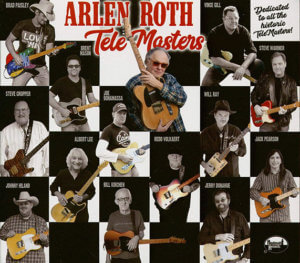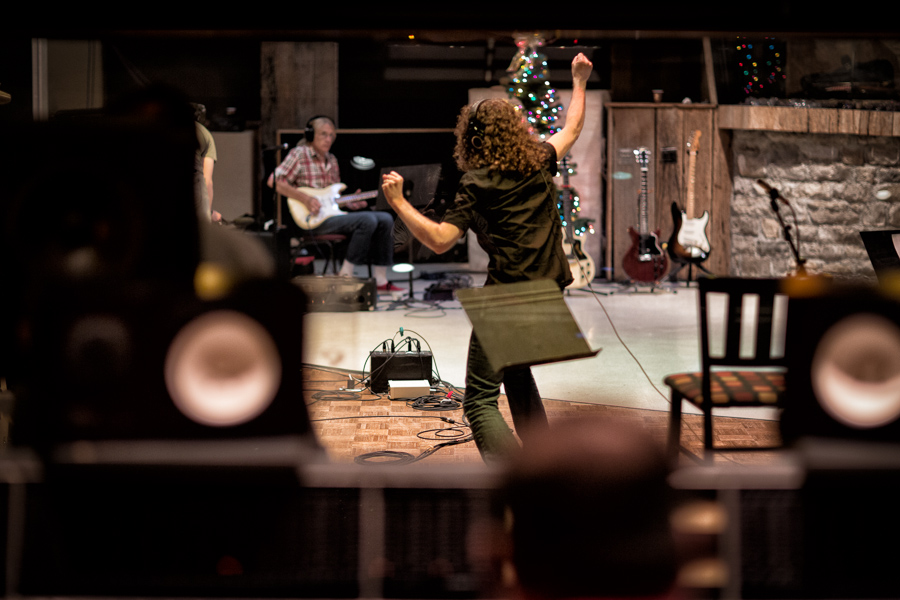
© 2024 Alex Salzman. All Rights Reserved.
Site design & development: SalzMedia.com

Having a vision of what the finished product will sound like as a whole is often overlooked by the artist, which is why every successful project has a talented producer with a vision behind it. A producer wears many hats, from being an administrator to being the creative force behind the project. Some of the producer’s responsibilities are booking the right studio, hiring the right musicians, making sure the project comes in on budget, often co-writing with the artist, and working on arrangements and parts.
Having grown up listening to and studying timeless recordings by icons such as George Martin, Phil Ramone, Quincy Jones and Mutt Lange have influenced my production thinking and techniques on many different levels.
When I am hired as a producer, I often become a band member or an equal collaborator, if it’s a solo artist. Music to me is highly personal and it takes another musician to truly understand what one is trying to say, what emotions one is trying to evoke by their compositions. I am lucky enough to have forged many a lifelong relationships throughout my career by having the ability to establish that connection and understanding.
One of the most important processes to me is pre-production. I sometimes spend a couple of weeks on this process, during which some of the most important decisions are made – choices of songs, keys, tempos and arrangements, and it is often during this process a simple song idea will materialize into a complete song.
During the actual recording process, I often find myself stepping back and let the artist flow with it spontaneously. Some of the most creative things usually come out of nowhere and are often inspired by the surroundings, and I pay very close attention to the overall vibe and keep things light and fun. Making music is supposed to be an enjoyable process, musicians sometimes forget that.
I am a stickler for sound quality. I don’t like to settle for a sound and never use the “fix it in the mix” excuse. As I often engineer the sessions myself, I pay a very close attention to what’s going down to “tape” and insist on getting right before it goes to mix.
I am a strong believer in modern recording tools, but I do not rely on them solely. My philosophy dictates that capturing emotion is infinitely more important that having the pitch or tempo be absolutely perfect. Human feelings are evoked by other humans and their actions, not machines.
My biggest creative payoff comes when the project is done and I go back to the original demos, compare them to the finished masters and hear how raw ideas have materialized into a collection of legitimate songs and compositions.

Having a vision of what the finished product will sound like as a whole is often overlooked by the artist, which is why every successful project has a talented producer with a vision behind it. A producer wears many hats, from being an administrator to being the creative force behind the project. Some of the producer’s responsibilities are booking the right studio, hiring the right musicians, making sure the project comes in on budget, often co-writing with the artist, and working on arrangements and parts.
Having grown up listening to and studying timeless recordings by icons such as George Martin, Phil Ramone, Quincy Jones and Mutt Lange have influenced my production thinking and techniques on many different levels.
When I am hired as a producer, I often become a band member or an equal collaborator, if it’s a solo artist. Music to me is highly personal and it takes another musician to truly understand what one is trying to say, what emotions one is trying to evoke by their compositions. I am lucky enough to have forged many a lifelong relationships throughout my career by having the ability to establish that connection and understanding.
One of the most important processes to me is pre-production. I sometimes spend a couple of weeks on this process, during which some of the most important decisions are made – choices of songs, keys, tempos and arrangements, and it is often during this process a simple song idea will materialize into a complete song.
During the actual recording process, I often find myself stepping back and let the artist flow with it spontaneously. Some of the most creative things usually come out of nowhere and are often inspired by the surroundings, and I pay very close attention to the overall vibe and keep things light and fun. Making music is supposed to be an enjoyable process, musicians sometimes forget that.
I am a stickler for sound quality. I don’t like to settle for a sound and never use the “fix it in the mix” excuse. As I often engineer the sessions myself, I pay a very close attention to what’s going down to “tape” and insist on getting right before it goes to mix.
I am a strong believer in modern recording tools, but I do not rely on them solely. My philosophy dictates that capturing emotion is infinitely more important that having the pitch or tempo be absolutely perfect. Human feelings are evoked by other humans and their actions, not machines.
My biggest creative payoff comes when the project is done and I go back to the original demos, compare them to the finished masters and hear how raw ideas have materialized into a collection of legitimate songs and compositions.
Site design & development: SalzMedia.com